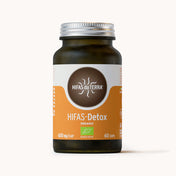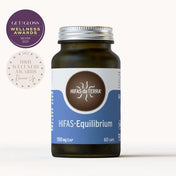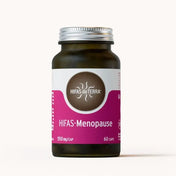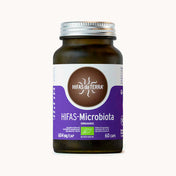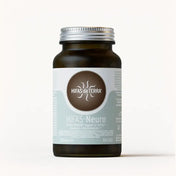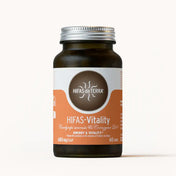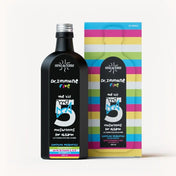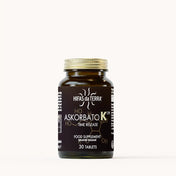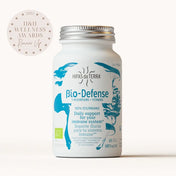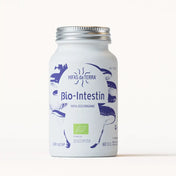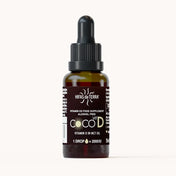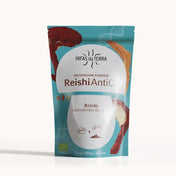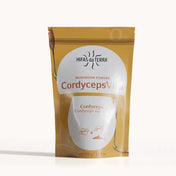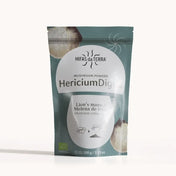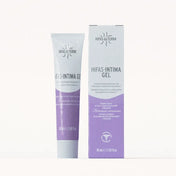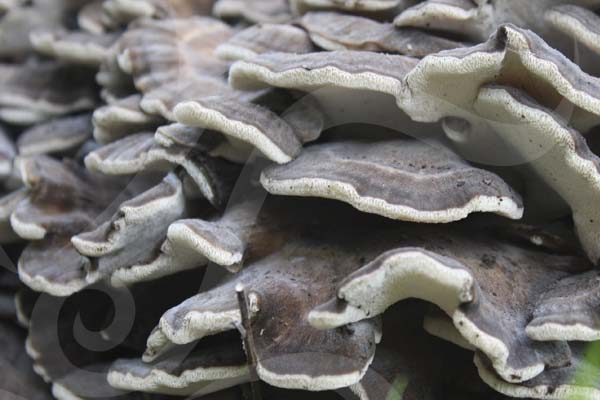Among the various fungi that can help reduce cholesterol, we can talk about shiitake or Edodes lentinula. This mushroom grows naturally in Asian countries and in warm to warm climate areas. Naturally, it usually fructify over the wood of deciduous trees, especially chestnuts, oaks and nogales. However, this species was one of the first to grow in China about 2,000 years ago.
While this mushroom is famous for its content in demonstrated antitumoral action lentinans, in this article we will focus on its benefits to cholesterol and its protective action of the liver (which produces the majority fraction of the cholesterol of our body).
The role of shiitake against cholesterol
Already in 1974 Yamamura and Cochran observed a 25% decrease in total blood cholesterol due to the addition of 0.005% of erythadenine (one of the active amino acids of the mushroom, which decreases lipoproteins) in the laboratory mice diet. Subsequently, in 1987, Ying and his team isolated two new substances in Shiitake that also have the effect of reducing the proportion of blood cholesterol. According to Japanese scientists, these substances make low density lipoproteins (VLDL and LDL) transform into the liver into high density (HDL).
In the essays carried out by Suzuki and Oshima in 1974, 10 young Japanese women showed a 7% decrease in its cholesterol with the intake of only 9 grams of dehydrated shiitake for a week. Another group did Descend its cholesterol rate by 12% taking 90 grams daily of fresh shiitake for a week.
Regarding its use in the prevention of cardiovascular accidents, Shiitake intake presents the added benefit of its hypotensive effect and its hepatoprotective capacity, which according to Ling (1987) is due to its High content in hill and adenine.
Other medicinal fungi with anti -economic properties
- Reishi: The serum cholesterol reducing effect is attributed to Ganoderic acids B and MF, which act similar to statins, inhibiting the synthesis of cholesterol at the liver level. Various studies have shown that Reishi has anti -inflammatory properties that act in synergy with the decrease in cholesterol and that They help avoid or reduce the formation of Atheroma plates in the arteries.
- Maitake: Several laboratory trials have demonstrated the antilylesterolemic action of this species, although the active molecule or the mechanism of action has not been identified.
